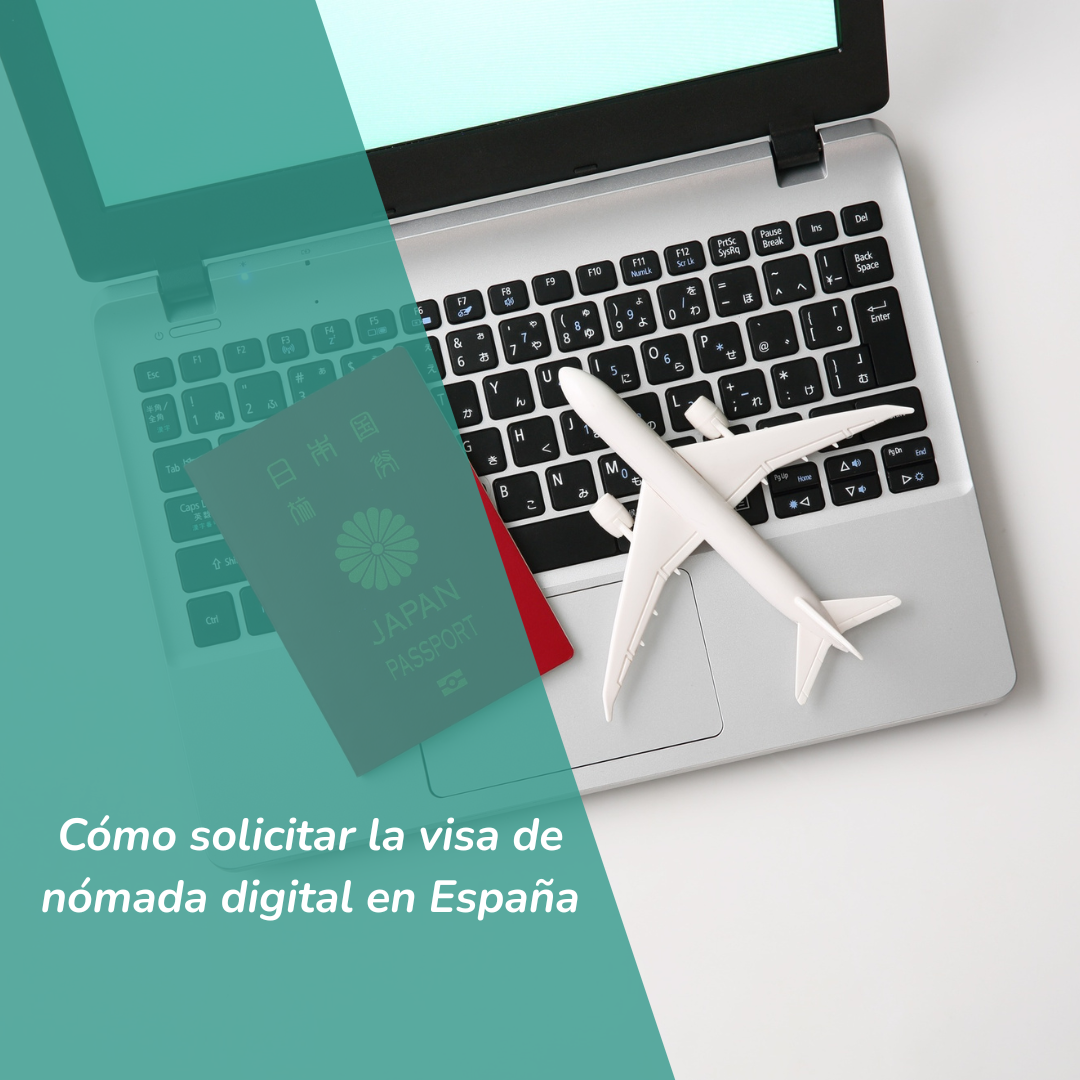Contenido del artículo
¿Necesitas urgentemente tu residencia en España? Descubre cómo obtener la residencia temporal por circunstancias excepcionales. En este artículo, exploraremos cómo este proceso puede allanar el camino hacia la estabilidad residencial en un país extranjero. Desde los requisitos básicos hasta los pasos a seguir, descubriremos cómo esta opción puede convertirse en una solución viable para quienes enfrentan circunstancias extraordinarias.
En el complejo y cambiante panorama de las leyes de inmigración, obtener la residencia temporal por estos medios puede ser toda una esperanza para aquellos que se encuentran en situaciones particulares y urgentes.
¿Qué es la residencia temporal por circunstancias excepcionales?
Las circunstancias excepcionales, dentro del ámbito de la inmigración, hacen referencia a situaciones fuera del control del individuo que justifican la concesión de un estatus de residencia temporal. Estas situaciones pueden variar ampliamente, desde emergencias médicas hasta eventos catastróficos, conflictos armados o situaciones familiares o laborales extraordinarias.
Tipos de residencia temporal
Dentro del marco de las situaciones extraordinarias, existen diversos tipos de residencia temporal que pueden ser otorgados según la naturaleza y gravedad de la situación.
Algunos de los más comunes son los diferentes tipos de arraigo, que proporcionan una vía legal para obtener la residencia temporal en ciertos países.
- Residencia por Arraigo Laboral: Cuando un extranjero ha residido de manera continuada y acredita la existencia de un contrato de trabajo o la existencia de la relación laboral con un empleador que se compromete a mantenerla por un mínimo de un año, puede solicitar la residencia temporal por arraigo laboral.
- Residencia por Arraigo Social: Este tipo de residencia se otorga a aquellos extranjeros que demuestran una integración significativa en la sociedad del país receptor. Esto puede incluir la participación activa en actividades comunitarias, la realización de estudios, o cualquier otro factor que evidencie su arraigo y contribución a la sociedad.
- Residencia por Arraigo Familiar: Cuando un extranjero tiene lazos familiares con ciudadanos o residentes legales en el país de acogida, puede solicitar la residencia por arraigo familiar. Esto puede incluir cónyuges, hijos menores, padres ancianos u otros familiares dependientes.
- Residencia por Arraigo para la Formación: Este tipo de residencia se concede a extranjeros que desean completar su formación académica o profesional en el país receptor. Puede aplicarse a estudiantes que deseen cursar estudios superiores o a profesionales que buscan especializarse o recibir formación complementaria en su campo.
Identificar el tipo adecuado de arraigo y cumplir con los requisitos establecidos es fundamental para iniciar el proceso de solicitud con éxito. Si te encuentras en una situación que califica para alguno de estos tipos de arraigo, te recomendamos buscar asesoramiento legal especializado para orientarte en el proceso y aumentar las posibilidades de obtener una respuesta favorable por parte de las autoridades de inmigración.
Además de los tipos de arraigo mencionados anteriormente, existen otras situaciones extraordinarias que pueden justificar la concesión de residencia temporal. Estas pueden incluir casos de violencia doméstica, situaciones de vulnerabilidad extrema o eventos imprevistos que afectan gravemente la vida del individuo. Aquí tienes dos ejemplos:
- Residencia por Razones Humanitarias: Este tipo de residencia se concede en casos de emergencia humanitaria, como conflictos armados, desastres naturales o persecución política. Las personas que se encuentran en peligro inminente en sus países de origen pueden solicitar esta forma de residencia como una medida de protección temporal.
- Residencia por Colaboración con Autoridades: En situaciones donde un individuo colabora con las autoridades en la investigación o persecución de delitos graves, como el tráfico de personas o la trata de seres humanos, se puede otorgar residencia temporal como forma de protección y reconocimiento por su cooperación.
En resumen, la residencia por circunstancias excepcionales abarca una amplia gama de situaciones que pueden justificar la concesión de un estatus migratorio temporal.
Identificar el tipo adecuado de residencia y presentar una solicitud sólida y bien fundamentada es fundamental para obtener una respuesta favorable por parte de las autoridades de inmigración. Si te encuentras en una situación que califica como excepcional, no dudes en buscar asesoramiento legal especializado y explorar las opciones disponibles para asegurar tu futuro y el de tus seres queridos.
Cómo obtener la residencia temporal
- Evaluación de Elegibilidad: Antes de iniciar el proceso, es crucial determinar si las circunstancias individuales califican como excepcionales según las leyes y regulaciones del país en cuestión. Esto puede implicar documentar y demostrar la naturaleza y gravedad de la situación.
- Presentación de Documentación: Una vez confirmada la elegibilidad, se procede a recopilar y presentar la documentación necesaria. Esto puede incluir informes médicos, pruebas de relación familiar, evidencia de eventos catastróficos, entre otros documentos que respalden la solicitud.
- Solicitud y Procesamiento: La solicitud se presenta ante las autoridades de inmigración, junto con la documentación pertinente. El proceso de revisión puede variar en duración según el tipo y la carga de trabajo de las autoridades. Es importante estar preparado para posibles entrevistas o solicitudes adicionales de información.
- Seguimiento y Actualización: Durante el proceso de revisión, es fundamental mantenerse informado sobre el estado de la solicitud y proporcionar cualquier actualización requerida por las autoridades de inmigración. Esto puede implicar cambios en la situación personal o la presentación de documentos adicionales.
Importancia de asesoramiento legal especializado para obtener la residencia temporal
Dada la complejidad del proceso y la importancia de presentar una solicitud sólida y bien fundamentada, contar con el asesoramiento de un abogado especializado en inmigración es fundamental. Un experto en la materia puede guiar a los solicitantes a lo largo de cada paso, aumentando las posibilidades de éxito y evitando posibles obstáculos legales.
En Morales Asencio te asesoramos para que tomes las mejores decisiones de forma segura. Nos encargamos de gestionar todos tus trámites de extranjería e inmigración. Olvídate de las colas administrativas, el papeleo y el gasto de dinero innecesario. ¡Tu futuro merece apoyo profesional!
Con la ayuda adecuada, aquellos que enfrentan situaciones extraordinarias pueden encontrar un camino hacia un futuro más seguro y estable en un país extranjero.


